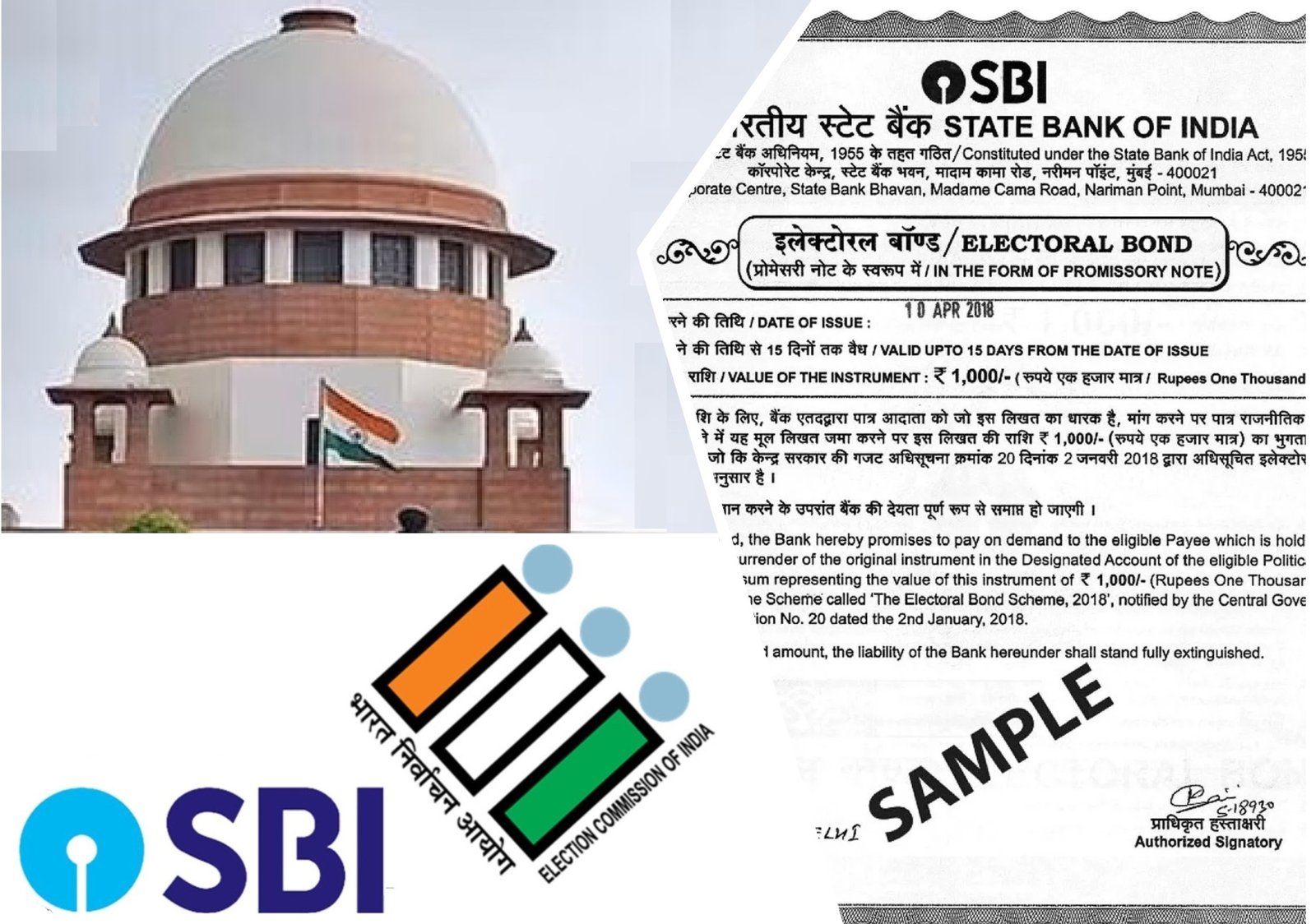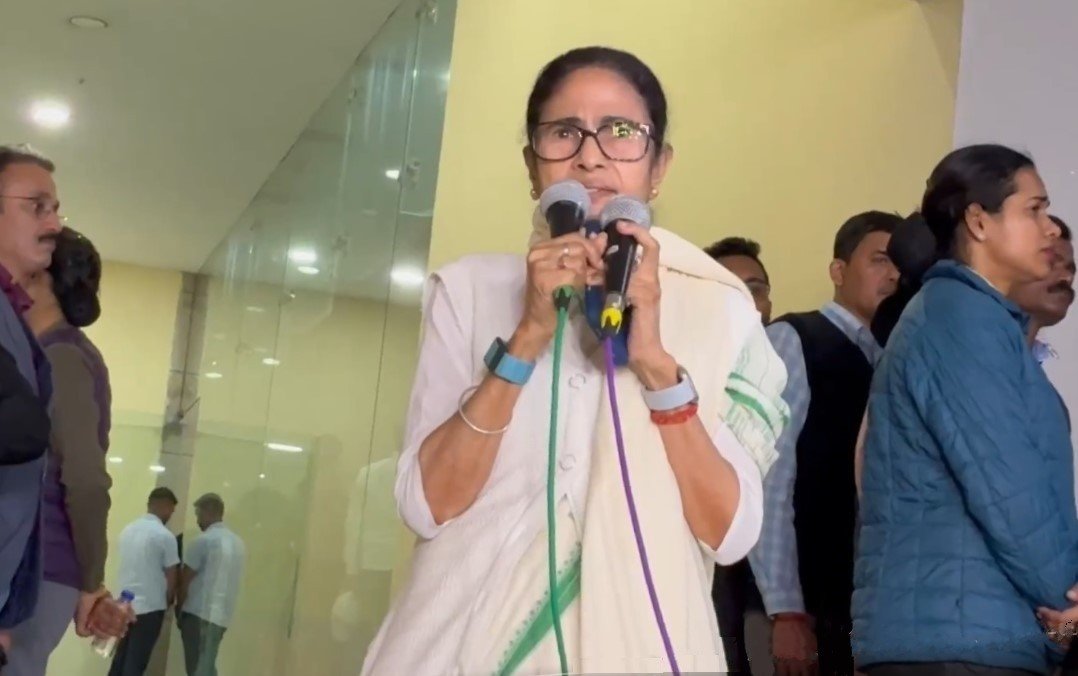Supreme Court junks electoral bonds scheme, calls it ‘Unconstitutional’
- EP News Service
- Feb 15, 2024

NEW DELHI: In a very significant judgment the Supreme Court of India (SC) today declared that the electoral bond scheme introduced by the BJP government in 2018 which allowed large-scale anonymous corporate contributions to political parties as being 'unconstitutional' and it further ordered the State Bank of India (SBI) which has been appointed by the government as the sole authorized seller of electoral bonds to immediately cease issuing bonds.
Rejecting the government's argument that anonymity was required to protect the identity of donors to save them from possible harassment, a bench of CJI D Y Chandrachud and Justices Sanjiv Khanna, B R Gavai, J B Pardiwala and Manoj Misra ruled that voters could not be kept in the dark about huge donations to political parties when money played a significant role in elections.
The SC also ordered SBI to provide an up-to-date detailed account of all such electoral bond contributions since April 2019 to the Election Commission of India (ECI) and it further ordered that the ECI should upload all the data on its website by March 13.
The Electoral Bond scheme was introduced in the 2017 Finance Bill as a mode of funding for political parties with a aim to cleanse the political funding system in India and curb the influence of black money in politics. The bonds issued under this scheme, are bearer banking instruments similar role as banknotes, payable to the bearer free of interest and demand.
Since the bonds were bearer in nature, no ownership information is recorded, and the holder of the document is assumed to be its owner. The name and other details or information of the donor are not entered on the instrument, and thus, electoral bonds are anonymous.
The SC bench specified that secret corporate funding of political parties, potentially in exchange for favours, violated voters' right to information, harmed the integrity of free and fair elections, and corrupted democracy by undermining political equality and ruled that the amendments designed to protect anonymity and concealment were arbitrary.











Reporter
View Reporter News